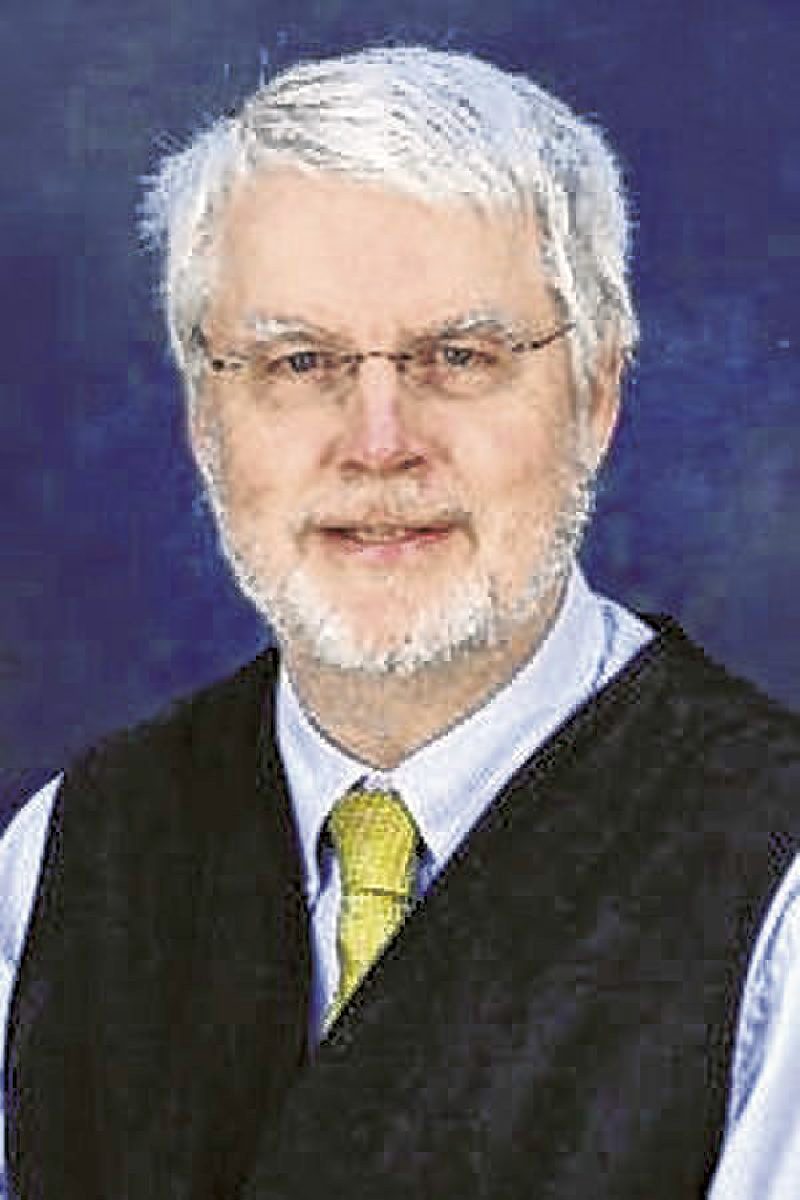When our older son was about six years old, we met with my side of the family for a pre-Christmas get-together.
I remember that occasion because it was a time when I lied to our son for what I thought was his own good.
At one point, our son went to his mom and said, “Cousin Brett just said that there’s no Santa Claus? Is that true?”
I suspect my wife put her arm around our son as she admitted that Cousin Brett was right. My son, however, decided to come to me for a second opinion. When he asked me the same question, I immediately responded with, “Of course there’s a Santa Claus.”
I am not in the habit of lying to my children, but in that instance, I wasn’t ready for our son to lose his belief in jolly old St. Nicholas.
Denial is a common reaction to coming face to face with an unwelcome reality. That is going on now with all the pushback to Critical Race Theory. Parents and politicians across the country are demanding that it not be taught in schools, even though I doubt if many of those opposed know what it is.
For the sake of clarity, let’s take a look at two examples of Critical Race Theory before turning to why Critical Race Theory is a hopeful sign for our country’s future.
Example No. 1: We recently celebrated the Fourth of July. In a small-town newspaper from northern Wisconsin that I receive, a columnist wrote eloquently about the Boston Tea Party and the brave Founding Fathers who revolted against unfair taxation by the British.
That’s not a lie, but it’s not the whole story. Our Founding Fathers were aware that England, the mother country, was on the verge of outlawing slavery. Such a step would have affected not just England, Scotland and Wales, but all the British colonies — including our 13 colonies. The War of Independence had as much, if not more, to do with the Founding Fathers’ intention to preserve slavery than about taxes on tea and other British goods.
Example No. 2: The Civil War is often taught as the war that ended slavery. But Critical Race Theory reveals the hidden underbelly to this claim. While slavery was officially ended, it didn’t take long for legislators, law enforcement and judges in southern states to find a clever way to get around the 13th Amendment.
Men, mostly African-Americans, were arrested on minor charges, incarcerated and put to work on chain gangs. Loitering — standing on a sidewalk and talking with friends — was a popular charge levied against many African-American men. These men ended up chained together in the heat of the southern sun to harvest crops and build roads as part of their punishment. A rose by any other name is still a rose. So is slavery.
While Critical Race Theory reveals uncomfortable truths about our nation’s past history, I’m convinced it has the potential to be one of the best and most hopeful developments to surface in our lifetime.
Here is the reason: It does not deny that there is much to admire in our nation’s history. What Critical Race Theory requests, yes, demands, is that we tell our nation’s whole story to ourselves and our children.
Why is this helpful instead of depressing?
Critical Race Theory is ultimately positive because it reveals the high cost our nation pays for living in denial. When we insist on glorifying our nation’s past and not facing that past’s underbelly, we automatically and inevitably end up believing that our nation’s best days were in decades gone by.
Clearly, a lot of Americans believe that, and that makes them susceptible to politicians who promise a return to our country’s glorious past that wasn’t, in reality, that glorious.
By insisting on telling the whole truth of our nation’s past, Critical Race Theory invites us and challenges us to see that our nation’s best days lie not in the past, but potentially in the future. Martin Luther King’s hope that our nation will live up to the promises made by its founders has not yet been realized. The good news is that those promises can yet be fulfilled.
When you hear people railing against Critical Race Theory, consider offering them this response. Critical Race Theory is nothing more than this simple belief: We can be better.
David Carlson of Franklin is a professor emeritus of philosophy and religion. Send comments to [email protected].




